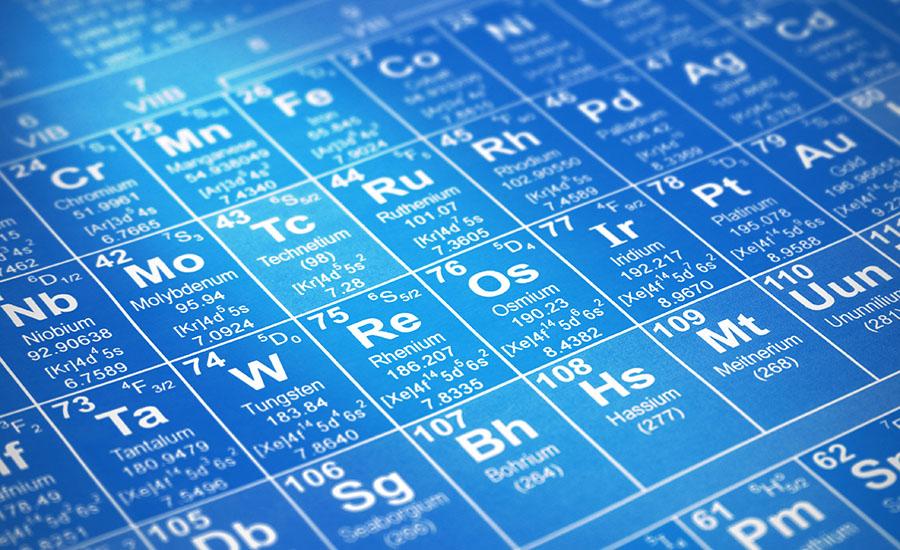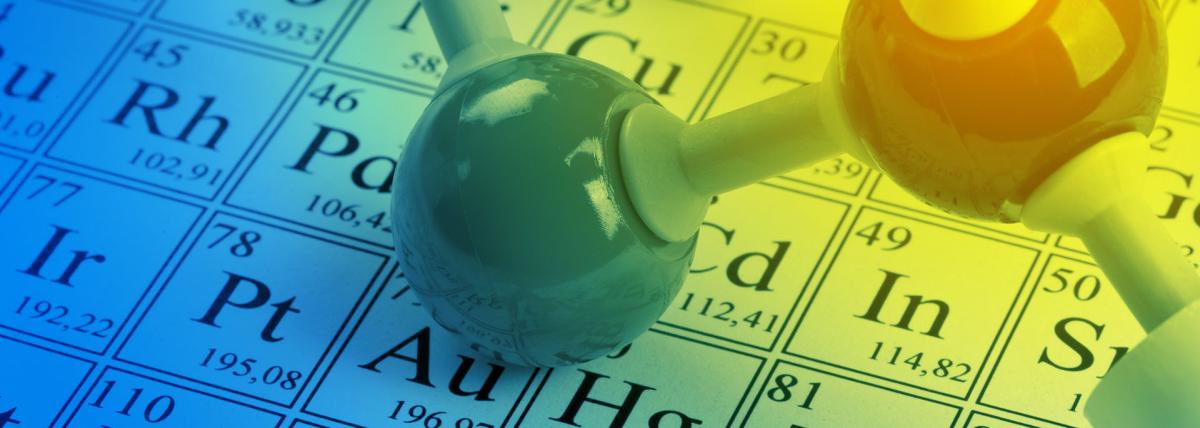
Chemistry - Let's Lick the Spoon
by Amanda Stalvey Harrison
The first rule in the chemistry lab is “don’t eat or drink or lick anything in the lab”! This lesson breaks those rules and shows students how culinary is really a practical application of chemistry. Through this lesson, students will feel like culinary chemists! Students will be using chemical processes to spherify fruit juices and other school appropriate drinks, through molecular gastronomy. This lesson will guide you through a sample lesson structure, key resources, materials lists, and the recipes that were found to work the best. This is a great way to collaborate with your school’s culinary teacher and class to highlight both your classes and contents.
Lesson Plan Link/URL
https://docs.google.com/presentation/d/1Wc9JqcZRv_m8zBtz6qFwhWdos-UyhlSi/edit?u…Subject Area
Science Physical Science P1: Matter Technology 1. Empowered Learner 2. Digital Citizen Mathematics Counting and Cardinality (CC) Measurement and Data (MD) Ratio and Proportion (RP) English Language Arts (ELA) Reading (Literature) Reading (Informational Text) Writing Speaking & Listening
Featured
Off
Related Content

Grades:
10th Grade, 11th Grade, 12th Grade
This lesson plan includes activities for a full unit on Fission and Fusion, which are included in our state science standards. Students will create models of fusion and fission using a free online

Grades:
8th Grade
Students will begin looking at how substances are made up of elements and use a model to show how atoms can arrange to make substances and then rearrange to make other substances. Students start by

Grades:
9th Grade, 10th Grade, 11th Grade, 12th Grade
Students will work in small groups to create a water filtration system to demonstrate understanding of water purification systems and human influences.